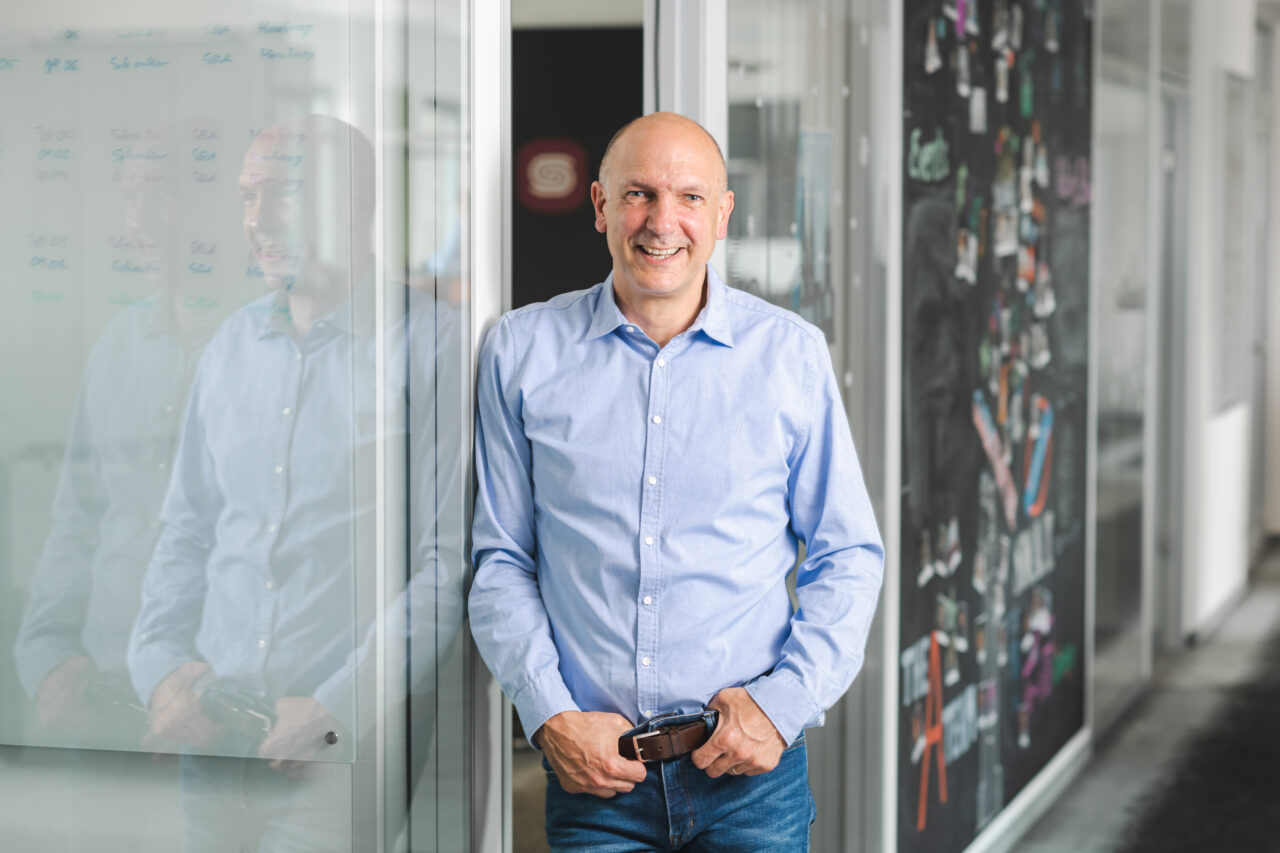- Fear of Trump’s tariffs is growing, especially in the Netherlands and Belgium.
- Containers are not being picked up due to low river levels.
- Average demurrage time is up to five days.
(Bochum / New York, July 17, 2025) At the start of the summer holidays, vacationers traditionally
face congested highways. Companies, too, are currently struggling with traffic jams—this time
caused by delays at ports such as Rotterdam, Antwerp, Le Havre, Bremerhaven, and Hamburg.
Two main factors are driving this: U.S. customs policies and low water levels on the Rhine.
According to Patrick Merkel, founder and Managing Partner of EMA Group, the average
demurrage time for vessels at some ports is currently between three and five days. Staff
shortages and individual factors, such as strikes in Antwerp, are adding to operational challenges.
“At the same time, existing backlogs in hinterland transportation often can’t be cleared quickly,”
says the logistics expert. He considers it “rather unlikely” that the situation will ease before
October this year.
But political developments are also contributing to the congestion: “U.S. customs policies are
prompting shipping companies to restructure their networks for trade routes. Products from Asia
that originally had the U.S. as their destination are now being rerouted to Europe,” explains Ralf
Duester, Managing Director of Setlog. More than 150 brands use Setlog’s SCM software to
manage their global supply chains
On top of that, inland waterway vessels on the Rhine are subject to loading restrictions. Due to
the lack of rain this spring, the low water levels of the river mean that ships aren’t allowed to
carry as much cargo as usual.
In Germany, the situation is currently less severe than in the Netherlands or Belgium. A
spokesperson for Hafen Hamburg Marketing recently stated to the media that conditions in
Hamburg are not as critical as in western ports, although some delays persist.
This is confirmed by a recent Setlog analysis of transit times at selected ports. According to the
analysis, transit times in Hamburg during the first half of the year averaged just 0.5 days longer
than in the same period in 2024, while in Rotterdam the increase was 4.5 days. For the July 16
analysis, Setlog’s experts reviewed around 10,000 shipments from 25 selected customers and
brands. “In Hamburg, improved on-carriage services have positively impacted the numbers,”
explains Setlog Managing Director Duester. “Thanks to digital tools for real-time shipment
tracking, such as Shippeo and intelliWay, logistics service providers can respond quickly to
disruptions. In general, companies with end-to-end supply chain visibility hold a clear competitive
edge.”
Another factor slowing down port operations is the reorganization of shipping alliances. In the
past, major shipping companies joined forces to share resources like vessels, routes, and
terminals. However, some of these partnerships have since dissolved — for example, the
collaboration between MSC and Maersk ended in early 2025. “A lot of things are being
rescheduled, with new timetables or terminal changes,” reports Duester. He does not expect
ports to invest heavily in expanding capacity due to the current congestion: “That’s extremely
expensive and takes years.”
The supply chain expert also believes it’s unlikely that the current bottlenecks will lead to
temporary production stoppages due to missing components — unlike during the height of the
Covid-19 pandemic. “Companies have learned from the past, especially when Covid-19 brought
production to a standstill for days or temporarily left store shelves empty,” Duester explains.
Many companies have revised their purchasing strategies, increased safety stocks, and accounted
for longer delivery times

This is also reflected in customer data that Setlog regularly analyzes. “Forward-thinking
companies that once relied on fixed delivery schedules have long since developed agile strategies,
digitalized their supply chains, and adapted to the volatile world of tomorrow,” says Duester.
Contact Setlog:
Nora Breuker, Head of Marketing
Setlog GmbH, Alleestraße 80, 44793 Bochum, Germany
T +49 234 720 285 78, n.breuker@setlog.com, setlog.com
Contact impact media projects:
Thilo Jörgl, impact media projects GmbH, Eckherstraße 10b, 85737 Ismaning
T +49 89 215384612, thilo.joergl@impact.mp, impact.mp
About Setlog
Setlog GmbH is a provider of Supply Chain Management (SCM) solutions. The central product is
the cloud-based software OSCA with the solutions Purchase Order Management, SRM, Global
Logistics, CSR and Quality Control. OSCA, which stands for “Online Supply Chain Accelerator”, is
used by more than 150 brands in the apparel, electronics, food, consumer goods and hardware
sectors. With the help of OSCA, companies connect their supply chain partners, suppliers and
service providers to optimally coordinate their supply chain and efficiently manage supply chains.
Setlog GmbH was founded in 2001 and is today one of the leading providers of SCM software with
over 40,000 users in 92 countries. The software house employs 60 people at its locations in
Bochum (headquarters), Cologne and New York. www.setlog.com
